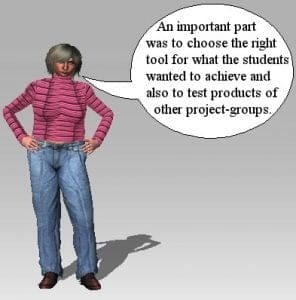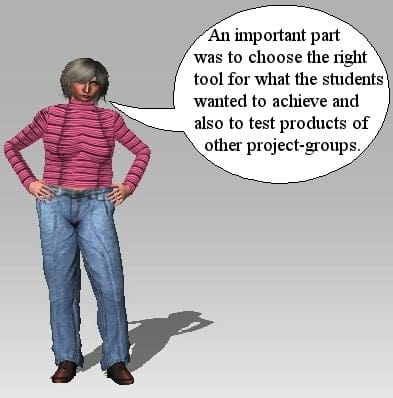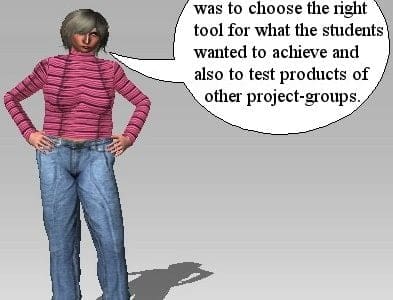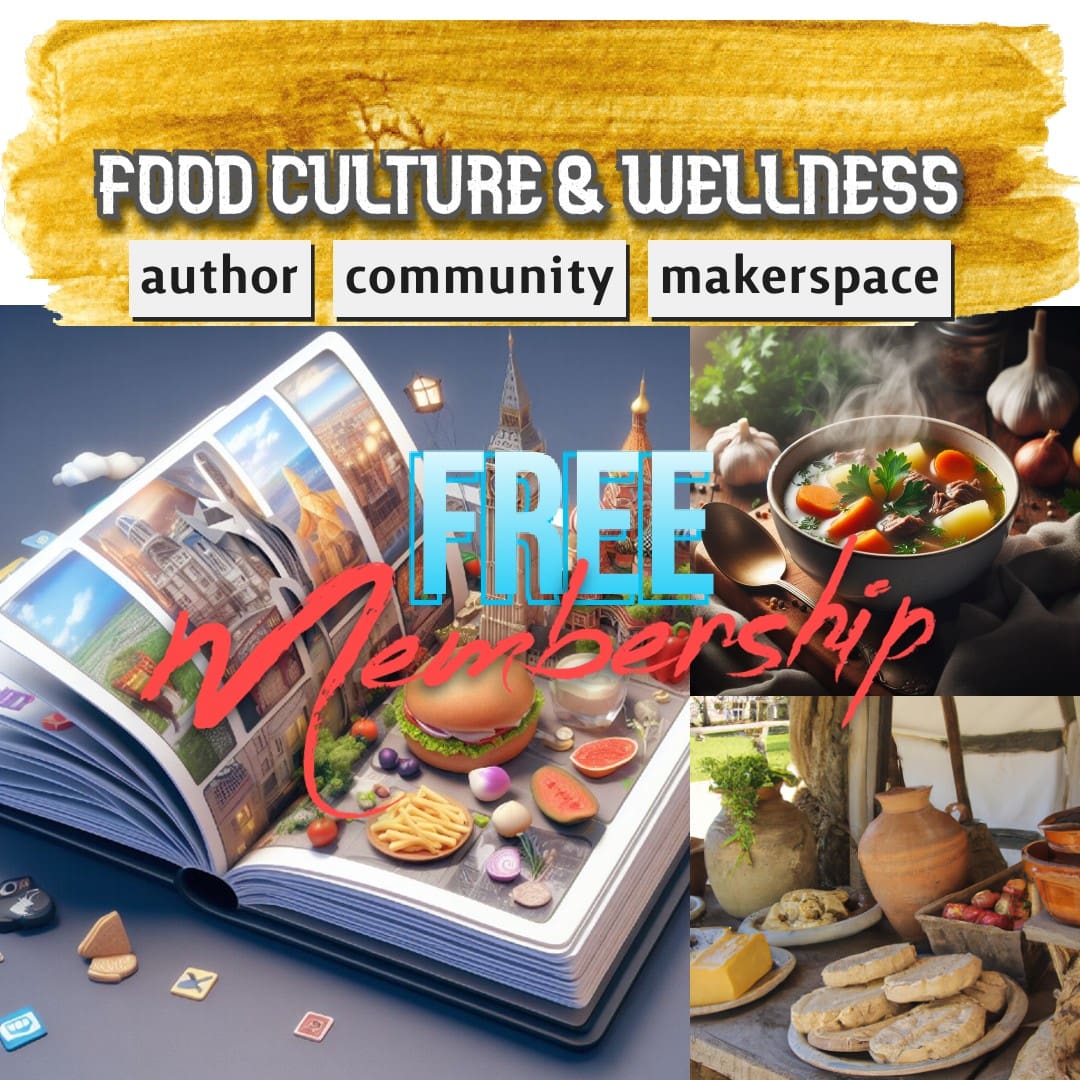 Flexible and creative learning environments in practice
Flexible and creative learning environments in practice
The Web can be described as a learning organization that has grown with the six criteria in the article “Creative environments: Six fundamental principles” as the driving force. In this article these drivers are used in the school environment based on an authentic case study of a successful Comenius Project: Efelcren1. This case also is an inspiring example of introducing an entrepreneurial spirit in schools with EU-funding.
Participants from six countries
The project was based on two basic ideas; to help teachers use various technological tools with their students in creative activities and share educational materials produced as well as show pedagogical skills. Efelcren1 included students, teachers and researchers from six countries: Spain (project manager), Denmark, Finland, Lithuania, Italy and Ireland.
Experimental task
The focus of Efelcren was on this basis to use the editing tools for eLearning. The prerequisite was that the teachers and pupils should do all the work. This meant that there should be no need for programming skills to create the projects’ creative educational environments. Students were given the task of developing a product using various technological tools with great possibilities to experiment with different presentation techniques such as images, text and other formats. An important part was to choose the right tool for what the students wanted to achieve and also to test products of other project-groups. The students’ products were launched with a description of the product’s development process. Other materials were developed by the teachers for students and were ready for use at the time for the “launch”.
Different types of products
The results of the project were several different types of products: Interactive activities such as games, simulations and various forms of testing, multimedia presentations, web browsing and a treasure hunt, creative use of media in the form of graphic projects and animations etc. All materials were supplemented by a pedagogical guide for teachers and students, as well as a leaflet describing the technology, educational goals and suggestions for use in educational environments.
Task-based learning in theory
Rod Ellis at Auckland University is researching this form of task-based learning (or learning by doing) and he has developed the following criteria for successful projects:
1st Students should be involved in pragmatic activities instead of “knowledge-exhibitions”
2nd Actions that are created should be perceived as reality-based
3rd The approach of the production should be concrete and meaningful
4th The data should enable more than one skill
5th Students’ cognitive processes should be encouraged through activities such as selection, classification, evaluation and problem-solving.
Evaluation of the project
Manuela Delfino and Giuliana Dettori who has evaluated Efelcren1 project above reached the following conclusions: The pupils were given the task of building a concrete product that matched their interests and experience. Product development projects requiring coordination and high level of cooperation. In particular, when students are given considerable space and responsibility to implement the projects according to their own ability and to achieve the desired results. The goal was all the time that they would find creative solutions, with teachers support.
Conclusion
It is also important that the students did not only do work for their teachers but to a large audience, both outside and within Efelcren1. This increased motivation and creativity significantly in comparison with what had been confined to a classroom or school projects. All this in addition to that students learn to use editing tools for image, text, animation and film etc.
Article Author:
LarsGöran Boström
Part 1 of the story | Part 2 of the story
Source: Read more about Efelcren1 project
Opens in a new tab



